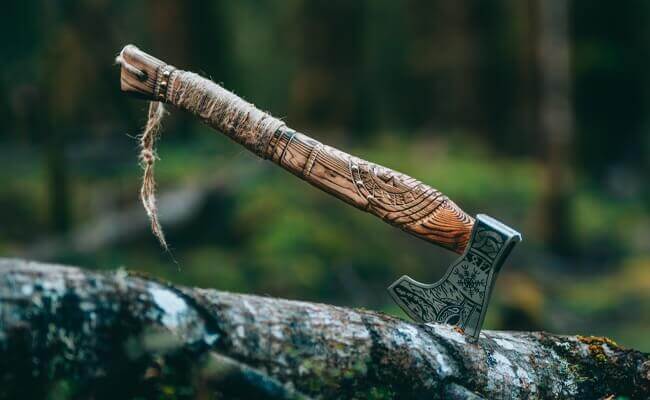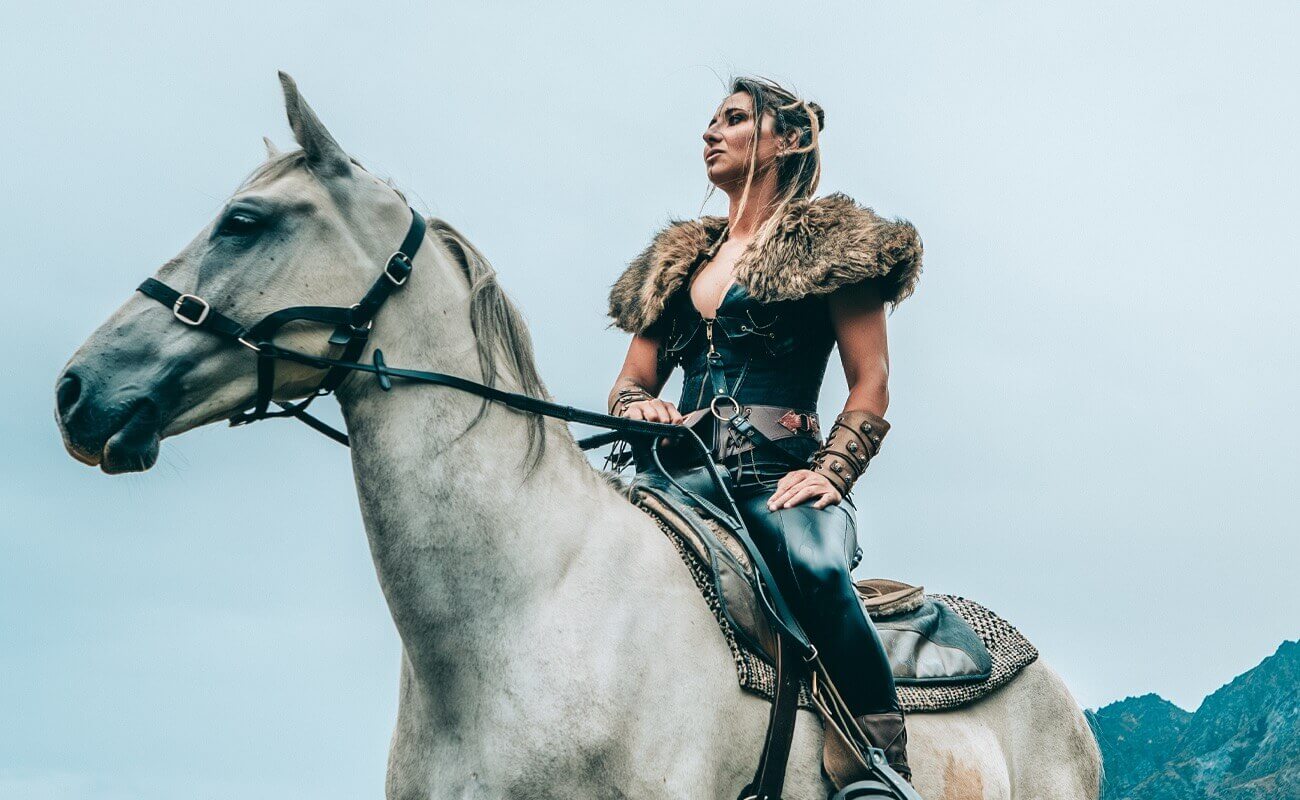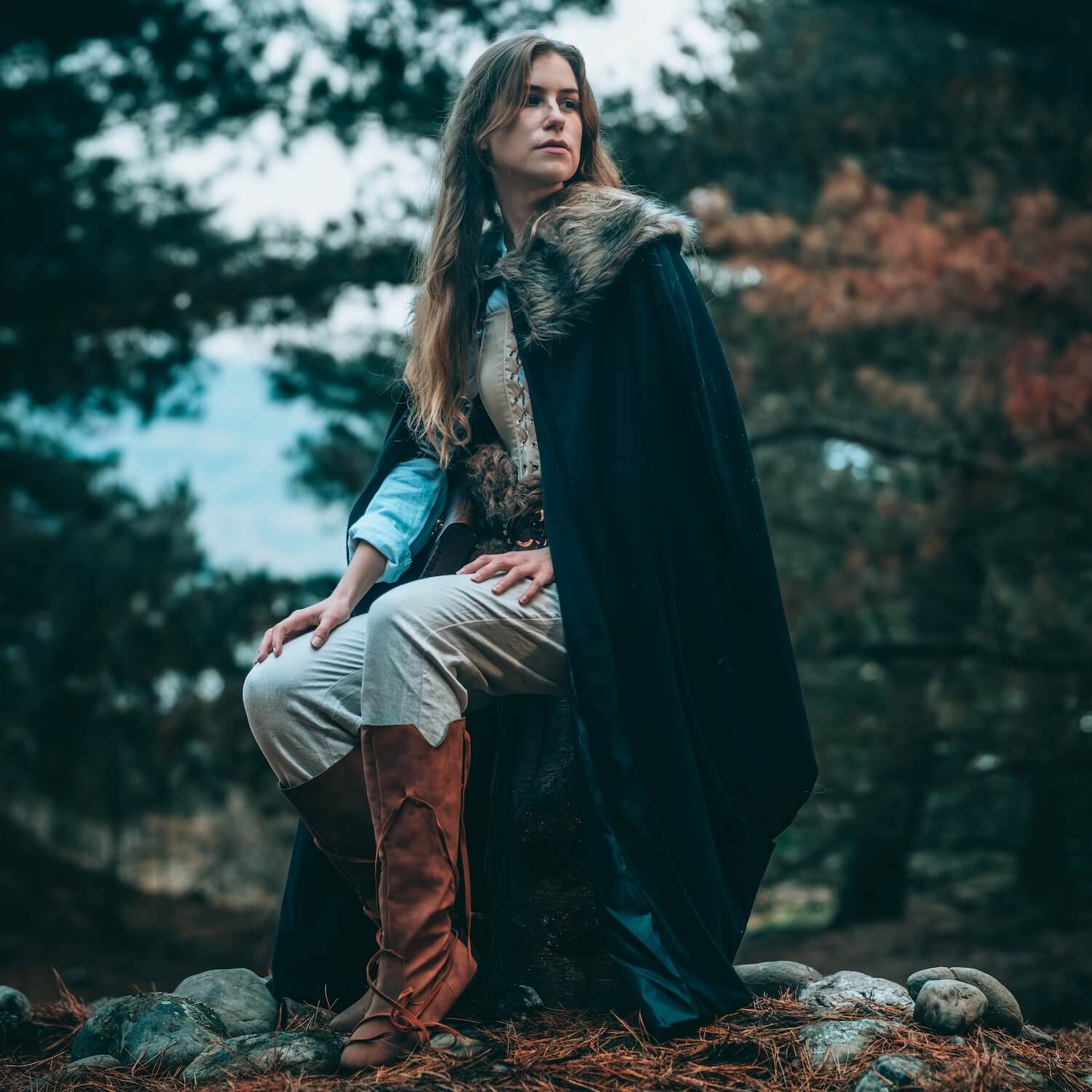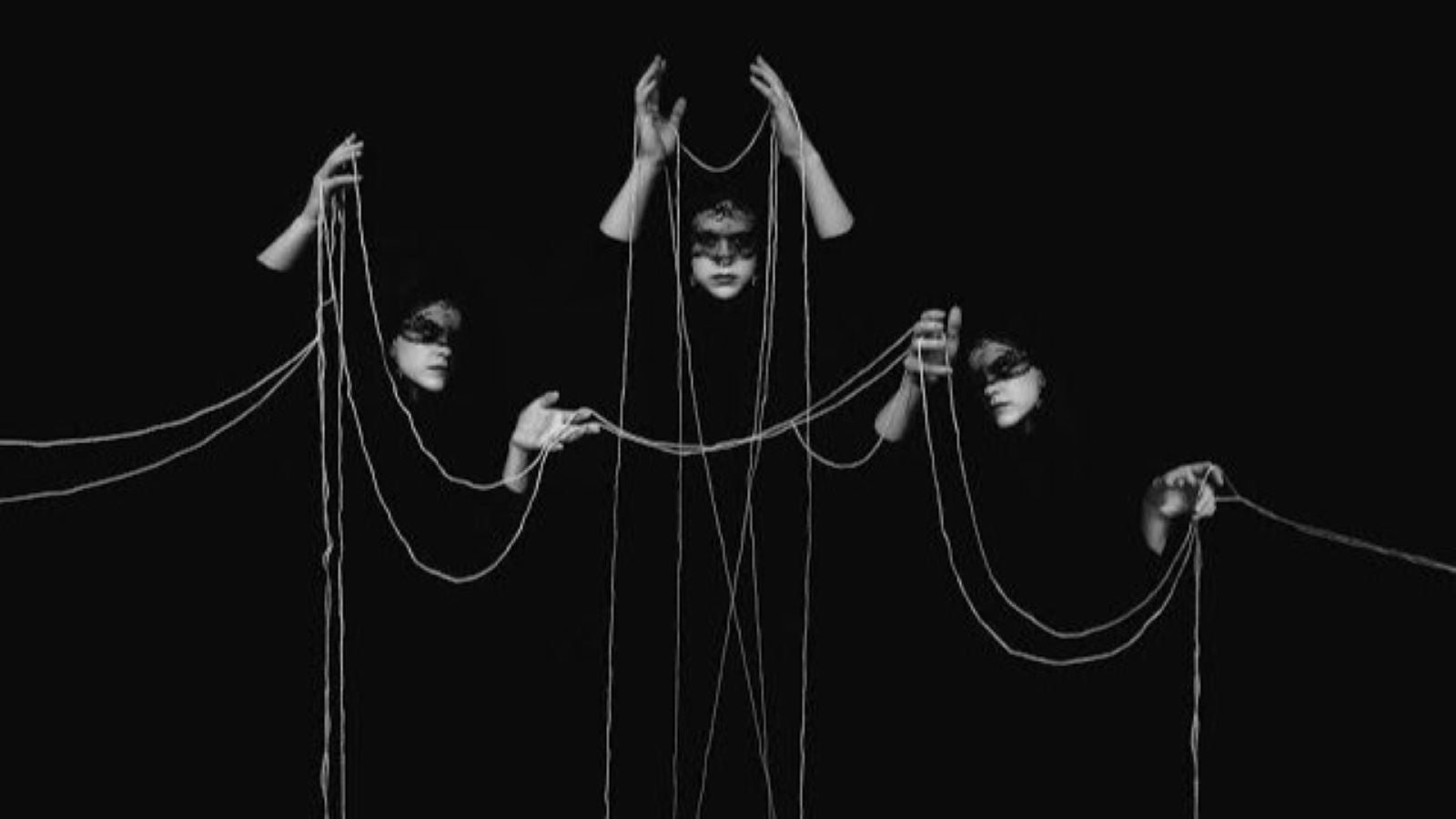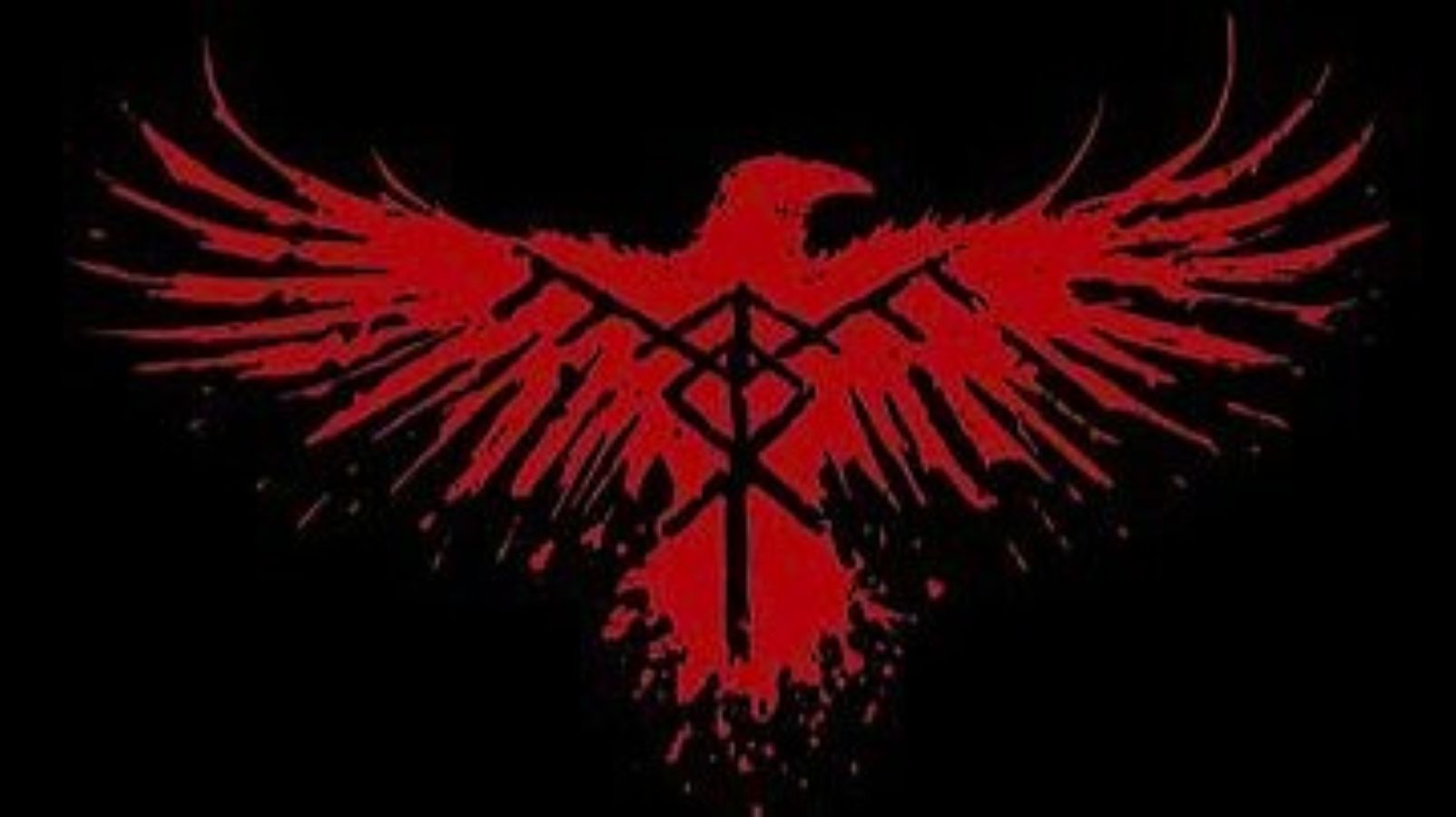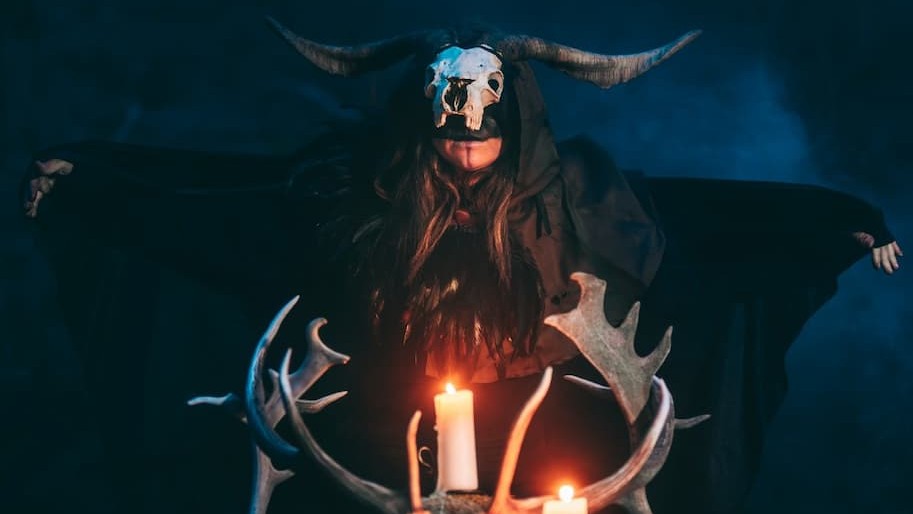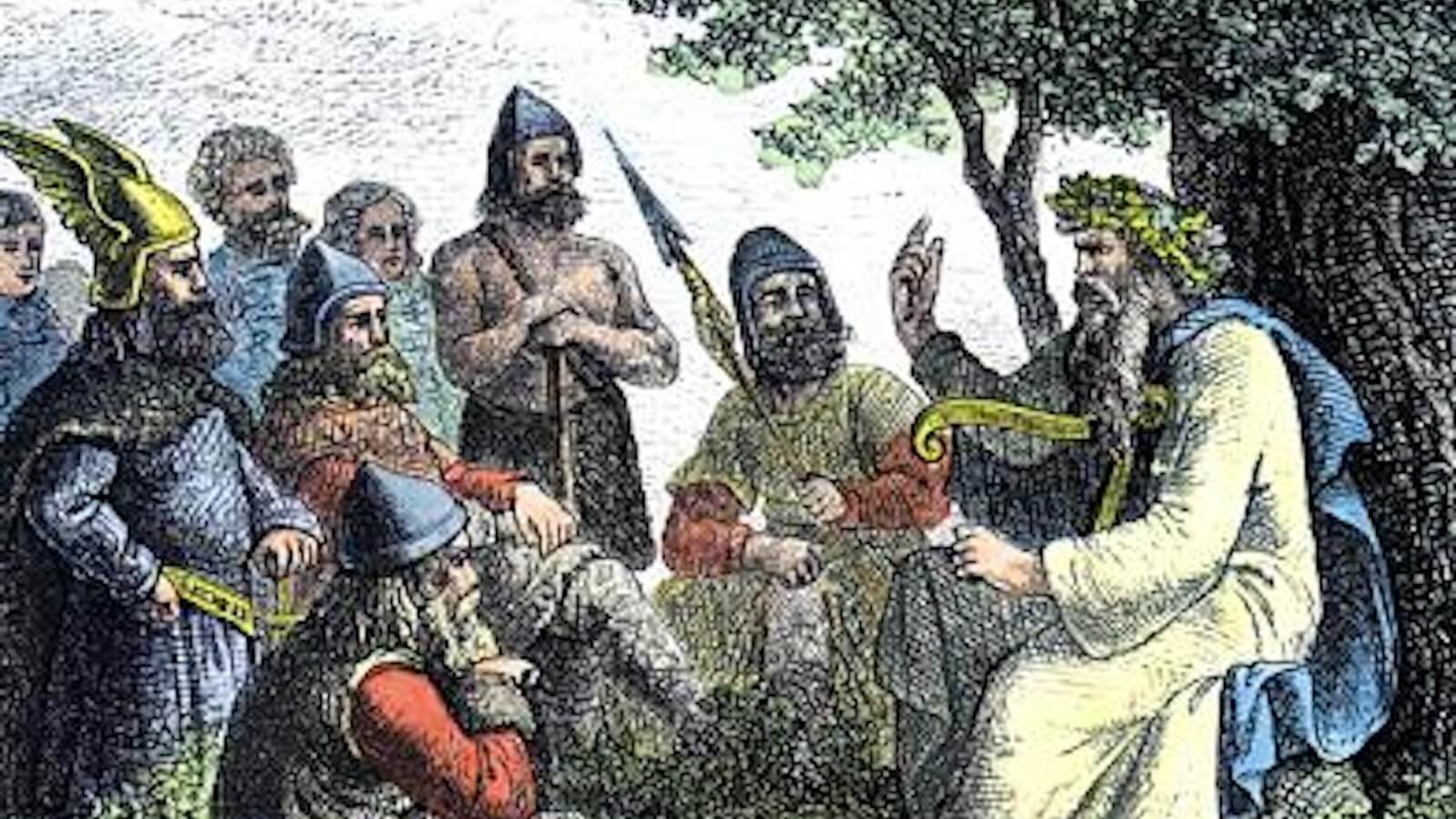
The Skalds — Rockstars of the Ancient World
How is it that we know so much about the world and culture of the Vikings? With cultures like the ancient Greeks and Egyptians, records survived and have been translated, offering us insight into their day-to-day, but, how did we gain such insight into the world of the Norse?
There is perhaps no greater source for information on Old Norse culture and practice than the Skalds. The Skalds were poets, songsmiths, and writers of the ancient world of the Norse. They recorded stories of the gods, great heroes, and even gave modern culture an insight into the daily lives of these fearsome, and often misunderstood, people.

The poems composed by these Skalds were surprisingly complex, and while improvisation did occur, and was a highly sought-after talent, there were strict rules to follow. These rules had mostly to do with verse, and how a poem was structured. A skald needed to make sure they followed the established meter and rhyme schemes to even be counted amongst the poets of the day.
The subject, on the other hand, could and did widely vary. Many skaldic poems were about the great deeds of kings and rulers, and give us detail on figures like Harald Fairhair, the first king of Norway. Others would recount battles, the outstanding warriors who gained victory or fell on the battlefield. Still, others would be about the acts and stories of the gods. Each of these, like pieces of a puzzle, helps us to understand more about Viking culture.
In addition to the skaldic poems we have already mentioned, there is another kind that utilized the aforementioned improvisation. This long-form version of skaldic poetry consisted of several stanzas that weren’t connected by a plot, or unified theme. Contained in this corpus are several examples of what was called “níðvísur” - a type of insult poem.
These too were often made up on the fly and were intended to be a sort of banter back and forth between the Skald and their opponent. In fact, the word Skald, as you may have noticed, is closely related to the English, “scold”, meaning to rebuke or blame. As with modern songwriters, however, Skalds were not limited to one form or the other. One Skald could have many different types of poems attributed to his or her name.
One of the other reasons so much of their word survives is that many Skalds, in order to support themselves, were attached to the court of a King or Jarl. This also explains why so much of their work concerns these rulers, who undoubtedly would have given them room and board, as well as a decent paycheck.
It is yet another evidence that while yes, warfare, and bloodshed were a large part of the society of the Vikings, they also placed great value on art. Many Skaldic poems that have survived are available to read online, and each and every one goes to show just how important a part of society these men and women played.

